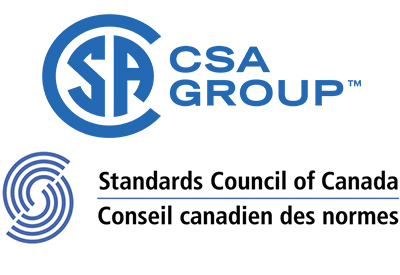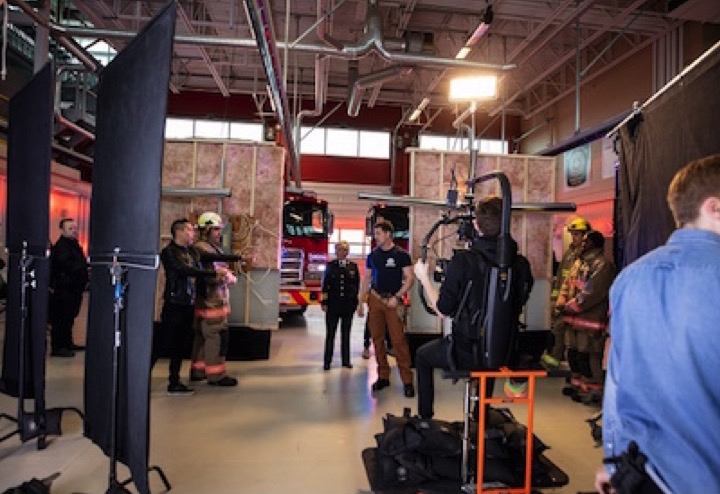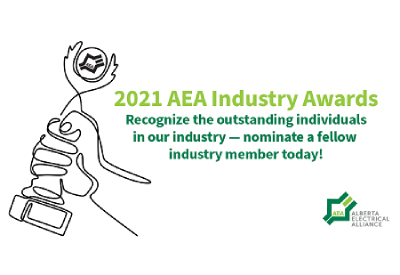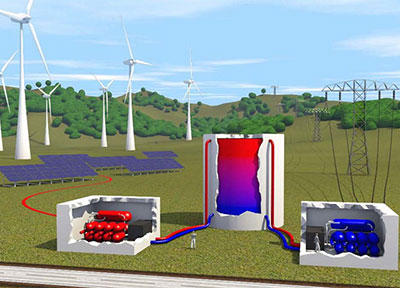SCC and CSA Group Deliver New Standards and Guidance for Northern Infrastructure

Nov 29, 2019
Building in the far north has always presented unique design challenges. But now, with the increase in annual average temperatures being felt particularly strongly in the north, the challenges are even greater. To help address the growing need, three new documents developed by CSA Group with support from the Standards Council of Canada are now available. Together, these documents will help infrastructure developers deliver more sustainable and resilient infrastructure in Canada’s north.
Designing and constructing foundations in permafrost
PLUS 4011.1(link is external) is a companion document to the guidance document, PLUS 4011. Published earlier this year, PLUS 4011 provides information on the potential impacts of climate change on infrastructure in Canada’s permafrost regions. At the time it was developed, it was recognized that having more specific guidance on the construction of foundations in permafrost would be helpful. PLUS 4011.1 was developed with that in mind. It provides greater technical information on the attributes of various foundation systems, selection criteria, ground conditions and other related issues.
“Foundation design in permafrost terrain is particularly challenging for a wide-range of issues, including the presence of year-round frozen ground, the possible presence of ice-rich soils, isolated communities with limited construction equipment, and harsh winters. Long-term climate warming is an additional potential threat to building foundations. Where the permafrost underlying buildings is ice-rich, any degradation of the permafrost could lead to thaw settlement and building distress.This CSA document is intended to inform and guide building owners, developers, designers and contractors regarding the various foundations typically used in permafrost regions of Canada. While it is not a design document, it will assist stakeholders in understanding the issues and factors related to foundation selection, design and construction in permafrost terrain.”– Jim Oswell, NISI Foundations in Permafrost Subcommittee.
Managing erosion and sedimentation for northern community infrastructure
Climate change is accelerating the rate of erosion and sedimentation in Canada’s north and the degradation of permafrost soils is central to that problem. The CSA W205(link is external) standard was written with those specific concerns in mind. The standard provides guidance on challenges that are specific to projects in the north, including resource availability, logistical challenges and project acceptance.
“In a region where we can have thaw-sensitive permafrost, or extreme weather events, or rising sea level – or all three at once – how we manage erosion and sedimentation can directly affect the success of community infrastructure, both new and existing. In most of the North, it’s so important to incorporate best practices that account for permafrost, and the ongoing effects of climate change make it even more critical. This standard helps project teams to accommodate the unique challenges of the North, directing the reader to the appropriate methods and best practices to mitigate erosion and sedimentation.”– Rita Kors-Olthof, Chair, NISI Erosion Subcommittee
Fire resilient planning in the north
Wildfire events have always presented a significant threat in the north. Climate change is only magnifying that challenge. Shorter winters with reduced access across traditional ice roads means communities need to stockpile larger quantities of fuel and other potentially hazardous resources. This National Standard of Canada, CSA S504(link is external), is designed to be used in conjunction with existing building codes, regulatory requirements, by-laws, and best management and construction practice guidelines.
“Fire resilient community planning, building design, and materials in northern regions are of critical importance as there are limited resources in many communities. Many northern communities, particularly isolated communities, experience slower fire protection response times and are dependent on volunteer fire departments that are called upon to respond in extreme weather conditions.”– Stan Dueck, Chair, NISI Fire Subcommittee.
Go HERE to purchase the above standards

















